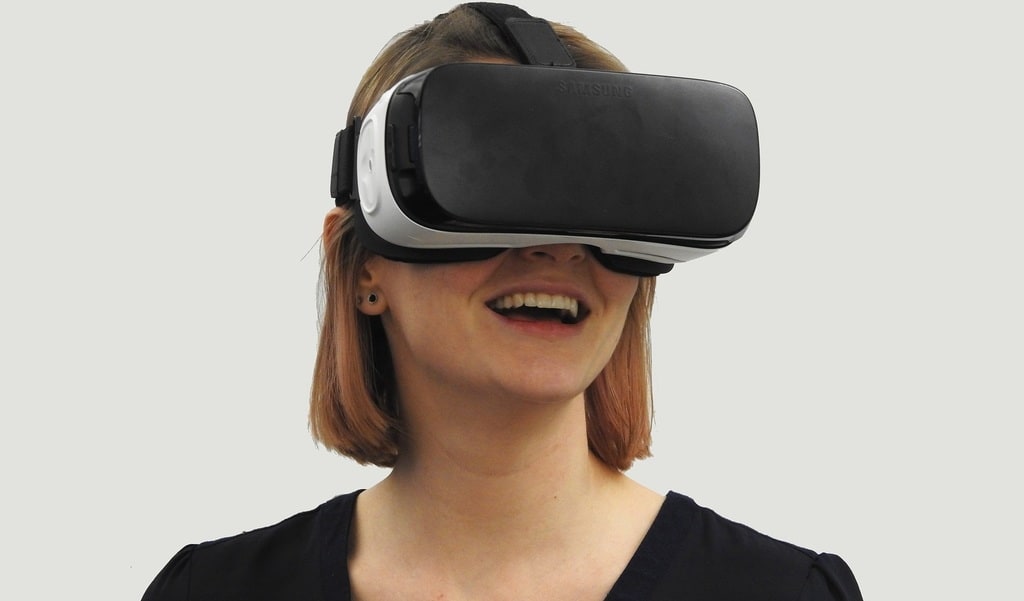The rapid evolution of technology continues to redefine the way we live, work, and interact with the world. High tech advancements are at the forefront of this transformation, bringing innovative solutions and unprecedented changes across various sectors. Staying abreast of these trends is essential to understanding the future landscape of technology and its potential impact on society.
Emerging Trends in High Tech: what’s Shaping the Future?
In the realm of high tech, several trends are making significant strides and capturing the attention of industry leaders and consumers alike. From artificial intelligence to quantum computing, these advancements are not only pushing the boundaries of what is possible but also opening new avenues for innovation and development.
Artificial Intelligence and Machine Learning
Artificial Intelligence (AI) and Machine Learning (ML) have become pivotal in driving technological advancements. AI’s capability to process and analyze vast amounts of data enables more intelligent and efficient systems. ML, a subset of AI, involves the creation of algorithms that allow computers to learn and make decisions from data. This technology is being integrated into various applications, from healthcare diagnostics to autonomous vehicles, enhancing their functionality and reliability.
The rise of AI-powered virtual assistants and chatbots is transforming customer service, providing personalized and instantaneous responses. Additionally, AI’s role in predictive analytics is helping businesses forecast trends, optimize operations, and improve decision-making processes.

Quantum Computing
Quantum computing represents a paradigm shift in computing technology. Unlike classical computers that use bits to process information, quantum computers utilize qubits, which can exist in multiple states simultaneously. This capability allows quantum computers to perform complex calculations at unprecedented speeds.
The potential applications of quantum computing are vast, ranging from cryptography to drug discovery. In cryptography, quantum computers can potentially break traditional encryption methods, prompting the development of quantum-resistant algorithms. In drug discovery, quantum computing can accelerate the process of identifying new compounds and understanding their interactions at a molecular level.
5G and Beyond
The rollout of 5G networks is revolutionizing the way we connect and communicate. With significantly higher speeds and lower latency compared to previous generations, 5G is enabling a new era of connectivity. This technology supports the proliferation of Internet of Things (IoT) devices, smart cities, and autonomous systems.
5G’s impact is particularly notable in sectors such as healthcare, where it facilitates remote surgeries and real-time patient monitoring. In the automotive industry, 5G enhances vehicle-to-everything (V2X) communication, improving the safety and efficiency of autonomous vehicles. The promise of 6G, still in its conceptual phase, aims to build on 5G’s foundation, offering even faster speeds and more reliable connections.
Here are some key points to consider regarding the impact and potential of these technologies:
- AI and ML: transforming industries with intelligent automation and predictive analytics.
- Quantum Computing: offering unprecedented computational power for complex problem-solving.
- 5G Networks: enhancing connectivity and enabling advanced IoT applications.
Blockchain and Decentralized Technologies
Blockchain technology, best known as the backbone of cryptocurrencies like Bitcoin, is finding applications beyond digital currencies. Its decentralized nature provides a secure and transparent way to record transactions, making it ideal for supply chain management, voting systems, and secure data sharing.
Blockchain’s ability to create immutable records is being leveraged in industries such as finance, healthcare, and real estate. For instance, in finance, blockchain can streamline and secure transactions, reducing fraud and enhancing transparency. In healthcare, it can ensure the integrity and confidentiality of patient records.
Augmented Reality (AR) and Virtual Reality (VR)
AR and VR are transforming the way we interact with digital content and the physical world. AR overlays digital information onto the real world, enhancing our perception and interaction with our surroundings. VR, on the other hand, immerses users in a completely digital environment.
These technologies are being adopted across various industries, from entertainment to education. In entertainment, AR and VR offer immersive gaming experiences and virtual tours. In education, they provide interactive learning environments, allowing students to explore and interact with complex subjects in a more engaging manner.
Sustainable and Green Technologies
As the world becomes more conscious of environmental issues, sustainable and green technologies are gaining traction. Innovations in renewable energy, energy-efficient systems, and sustainable materials are critical in addressing climate change and reducing carbon footprints.
Advancements in solar and wind energy are making these sources more efficient and affordable. Energy-efficient technologies, such as smart grids and LED lighting, are reducing energy consumption and costs. Additionally, the development of biodegradable materials and sustainable manufacturing processes is contributing to a more sustainable future.
The rapid pace of high tech advancements presents both opportunities and challenges. Understanding these trends is essential for leveraging their potential and addressing the associated risks. As these technologies continue to evolve, they will undoubtedly shape the future in ways we can only begin to imagine.
